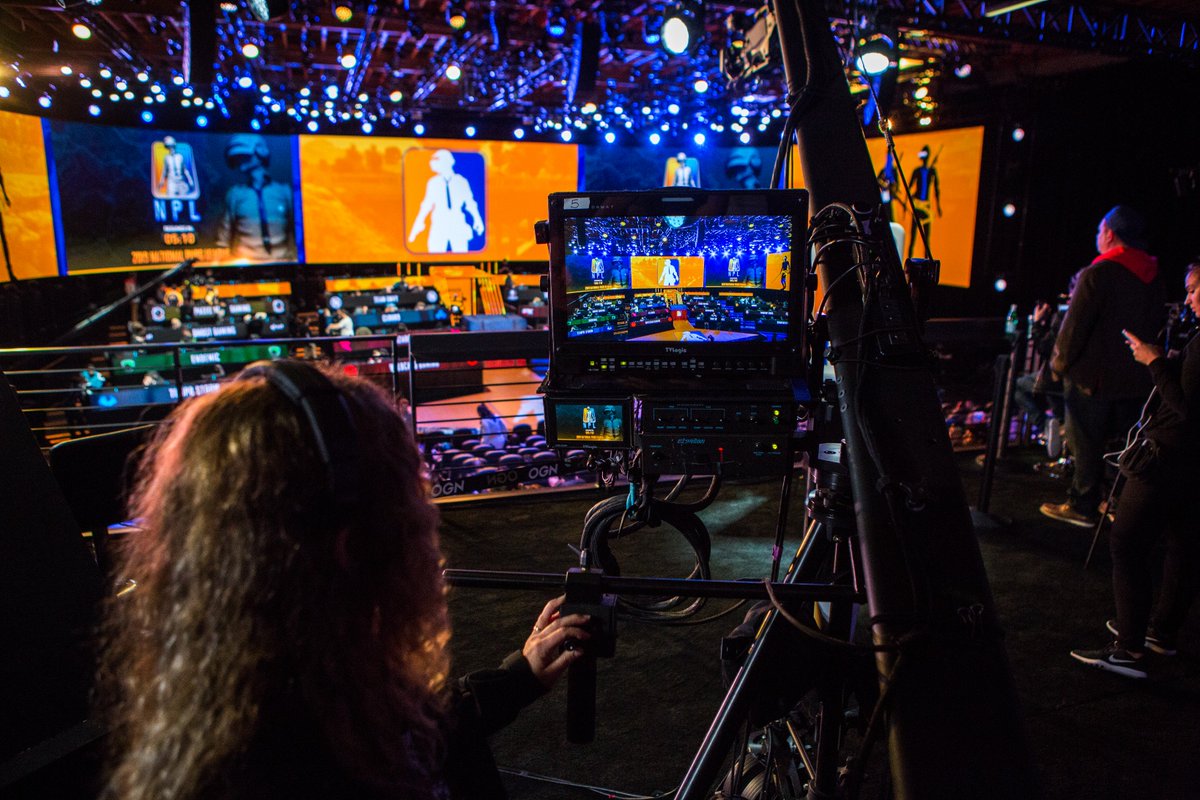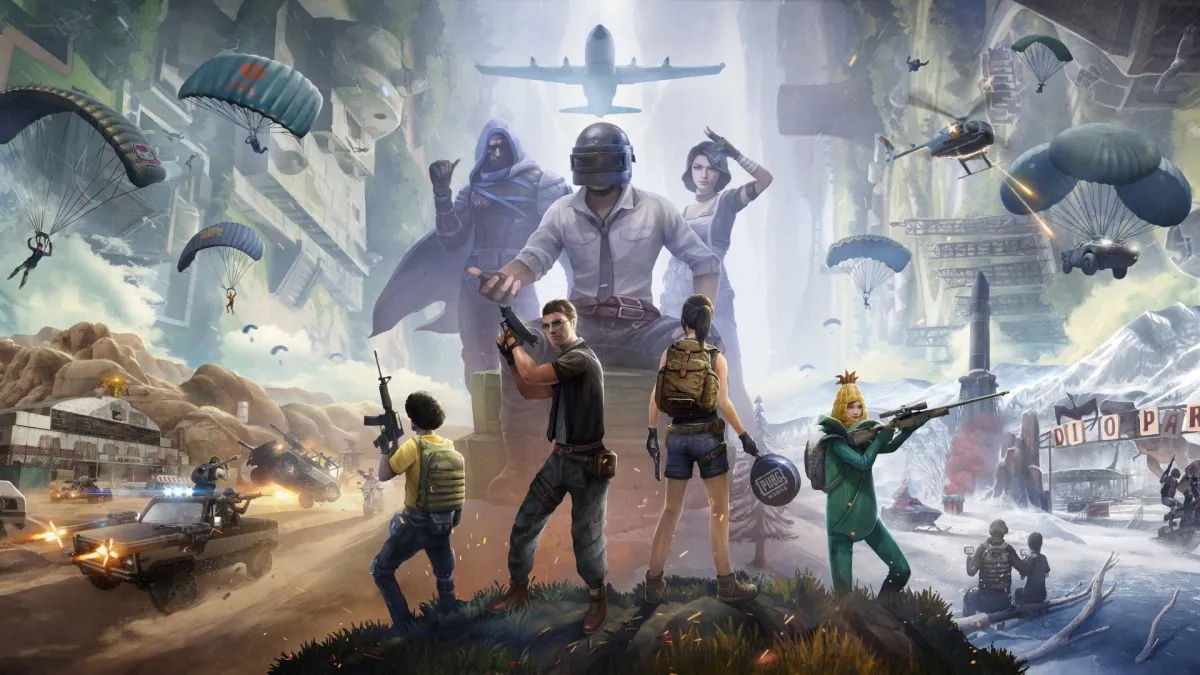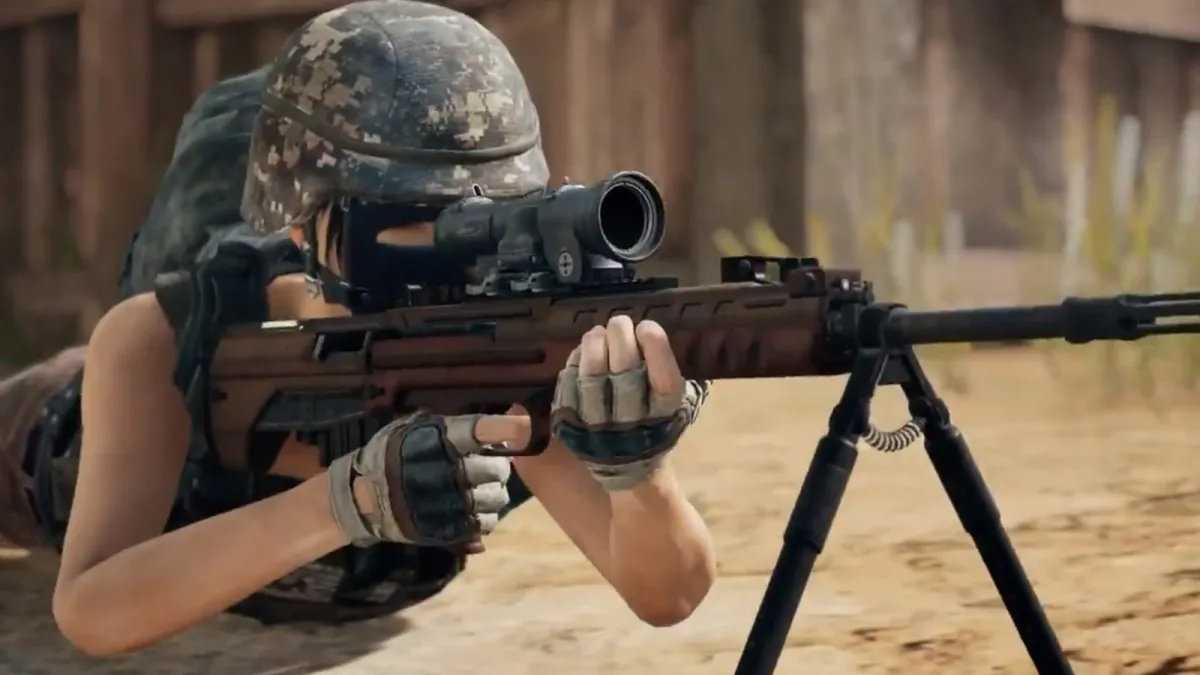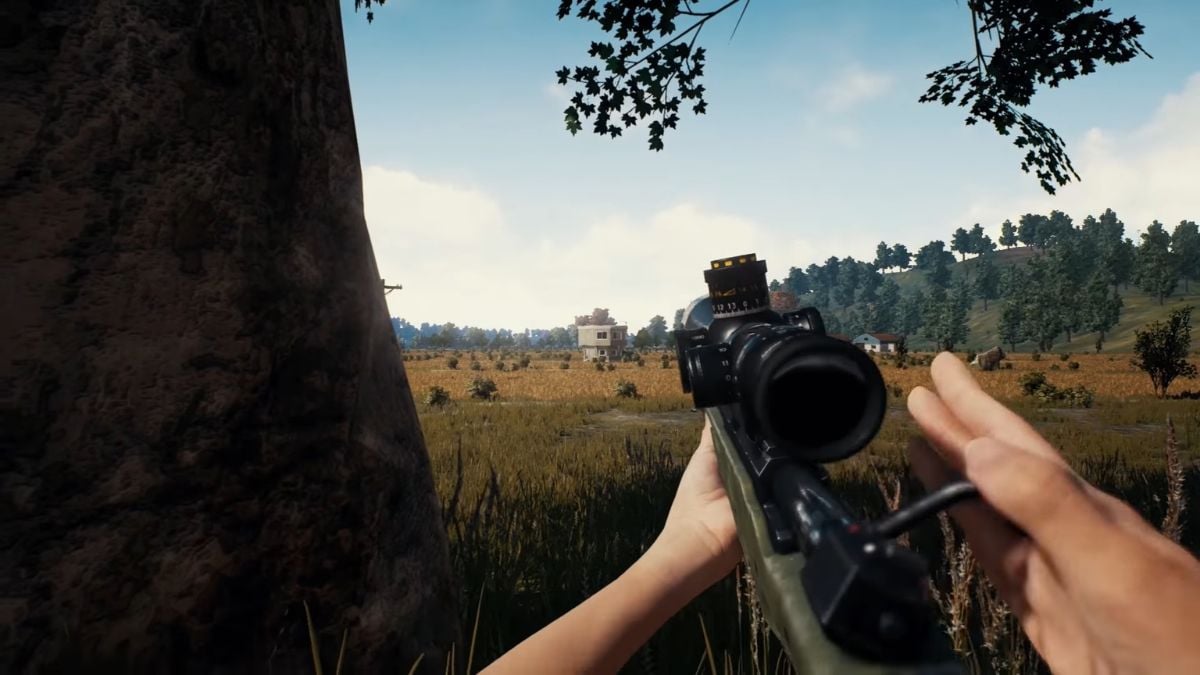As the first battle royale game to form an esports league, the National PUBG League had a lot of work to do in order to produce a compelling product and managed to succeed at the regional and international level through Phase One.
Phase One’s champions, Tempo Storm ended up struggling on the international stage when faced with competition from Asia, Europe, and other teams from the PUBG global scene at the FACEIT Global Summit: PUBG Classic. But despite their top team underperforming, a North American ended up one round away from winning it all. Shoot to Kill finished in second—and was later signed by Lazarus before Phase Two began.
What the PUBG team managed to do with NPL Phase One was set a solid foundation for the various competitive PUBG leagues spread out across the world. Phase Two was a huge step up, polishing the entire product and providing a handful of interesting storylines that made the difference from Phase One like night and day.
As Phase Three draws closer and five of the best teams from NA are competing in the GLL Grand Slam: PUBG Classic, Dot Esports spoke with PUBG NA esports lead Alex Penn to discuss changes in professional PUBG, Tempo’s incredible turnaround, and the international level of competition.
Outside of your obvious NA bias, is there a specific team you think has a chance to dominate or at least come out hot at the PUBG Nations Cup?
Alex Penn: I think the favorites going in are going to be the German and Turkish teams because they have the players from GT Esports and Digital Athletics. I don’t think it would be surprising if they performed really well because of their team chemistry. But between all of our regions, I think even Canada has a good shot, as well as China and Korea. I am very excited to see how that all turns out because I am not as familiar with some of their players.
Obviously, every move made for those National teams was decided on by a committee of players, coaches, and officials, but some of the moves really raise some eyebrows. Focusing on Germany, how do you think decisions like choosing the entire G2 roster and then a coach from another team are going to play into things?
One of the challenges with working on the Nations Cup, and that’s the central esports team and not myself, is choosing that list of countries that are participating. And then when it comes to a country like Germany where there aren’t many pro players, with G2 being the only four German players in PEL (PUBG Europe League), it created an interesting dynamic.
Obviously, Germany is a great market to have be a part of this and they are clearly a strong market just based off of G2’s participation in PEL, but it does create a little bit of awkwardness. Some of these new teams that have never played together before are going to have to top a top international team like G2. I think it creates an inherent underdog story, which should make things really exciting.
Do you think that all of these players being forced to play in new situations with new teammates or a different coach, barring Turkey since the full DA roster is there, will put some fresh air into some of these systems?
For sure, I think that is something that makes sure all players inherently get some good value out of this. They will be playing with players they haven’t played with before and listening to coaches they haven’t heard before, so it becomes each player asking, ‘What have I learned from this ?’and then taking that new information back with them to their regional pro leagues.
Things like that will really shape Phase Three and I am really looking forward to the National pride of all the fans. I just love having another outlet for fans to route for a player or a team, like getting Kaymind (Thierry Kaltenback) out there in front of everybody for Canada. A lot of these smaller countries that aren’t necessarily represented too largely when it comes to full teams, this gives them a chance to route for a very specific team.
For teams like Canada to have representatives from five different top-NPL teams, Cloud9, Ghost Gaming, Tempo Storm, Team Envy, Lazarus is absolutely insane. How did something like that happen and where do you think it will lead?
The one big thing about that, which was kinda fun, was Team USA and Canada. The players from NPL and NPL Contenders got together with the coaches and all got to vote on who represented them. It was was really cool to see all of the players trying to create their ideal team to represent their country. They were thinking about stuff like in-game leader and long-range specialist and stuff like that when it comes to roles.
Stuff like that ,and then the players eventually campaigning against their peers for these spots and a chance to go to Korea was a lot of fun. Hopefully we can continue to expand upon this next year with our Nations Cup and other events because I think there is a lot of cool stuff to be done with that type of event.
The last time we talked was right before the start of Phase Two and you weren’t surprised that Tempo Storm ended up taking first place, but you also said they might not place in that top tier next time. Even after all of the landscape changing so much for Phase Two and a rough start they managed to win again. What are your thoughts on that?
Even going into the final week it was super close within that top five, which I think is partly a testament to how much we saw some of the talents get consolidated into the top between Phase One and Two. It definitely created a much more dynamic top-team fight, but seeing Tempo come out and clutch it out is just a testament to how good they are when their backs are against the wall.
That top five was extremely close, with Tempo only winning by 11 points and the other four teams being decided by one point. Just the fact that it was that close going into the final week and because Tempo has essentially started the NPL off as the two-time, where do things go from here?
I mean, there is a good chance that never happens again, right? Especially back-to-back, so it is crazy to kick off the NPL system like that and like you said, it was crazy at the top. Seeing The Rumblers come in and really show off their skills from Contenders, sticking together and not making any roster changes and making it all the way to where they are representing NA in Sweden right now is an incredible story.
It was heartbreaking that they came into the final week in first and ended up in fourth, but they are performing well to start off GLL and are showing that they can be a strong international team. Hopefully they can continue to play well and maybe earn NA another spot at the Global Championship.
Cloud9 and Tempo have a bit of a rivalry going on in NA as they have these mini-dynasties forming. What are the chances we see these two back in the top five again at the end of Phase Three?
I would be very surprised if they aren’t there at this point. They have proven their consistency and that’s the name of the game here. Based on their performances in Phase One and Two and the Championship Point system we are using those two teams are already guaranteed a spot at the Global Championships if they don’t face relegation during Phase Three. They have to place top 10, but if they do, we will be seeing them on the global stage once again come the end of the year.
Jumping back to Tempo specifically, they had an amazing Phase One, won the Royale too and just looked like they were on top of the world. Then they went to FACEIT Global Summit and essentially didn’t do anything. How do you think something like that affected their team going into Phase Two?
I’m sure it humbled them quite a bit and showed them that they aren’t on top of the world just yet. They are coming out at GLL pretty strong on the first day, but this is a totally different game. Going to a tournament and playing against teams you don’t normally play against means your facing different strategies, rotations, landing areas, and stuff from those teams, which is quite an adjustment.
On the global stage, being able to adapt quickly is much more important because, at an event like GLL, it is a three-day tournament. You don’t have six weeks to adjust your gameplan. It’s something that is highlighted much more as a skill at these events, being able to adjust and counter what your opponents are doing on the fly.
I think we saw some very aggressive play at FACEIT and even back in 2018 when China came in with that aggressive mindset. It really shows that because of the new ruleset where kills count for so much, a team that can make a split-second decision and can push to win four-vs-four fights repeatedly will come out on top.
But we have also seen a lot of different strategies, whether that be people who rush to the middle or others who remain on the edge, people just try to go for fights. There was a game this morning where Athletico (Esports) had like 10 kills in the first half of the game. They didn’t end up getting a lot of placement points, but they had 10 points, which is the same amount as a win just from kills.
I think that strategies are still evolving and players in every region are becoming more and more aggressive with every Phase as they become more comfortable with taking engagements. That’s kind of how the hot teams keep rolling, they take those engagements and then roll them into a win. We aren’t seeing a lot of super low-kill wins anymore. There are a lot of eight to 12 kill wins and those points stack up pretty fast.
Because GLL Grand Slam doesn’t include any Asian team representation, how do you think that will affect the viewership and overall competition of the event? Especially because we saw some of those teams have great showings at FACEIT.
When it comes to the skill level I don’t think it changes things too much. I mean, going into the final match at FACEIT, we had a really close game with NA coming very close to winning it. That was such an exciting match and I am excited to see that NA-EU rivalry again, but also see how the expanded amount of Latin America and Oceana teams perform.
So far, we have seen Bitloft do really well at the start and I am excited to get those teams into the arena and playing more LAN matches. Since that is one of the easiest and best ways to get your region to improve, we are really excited to see them compete.
How do you feel about the jump from Phase One to Phase Two? Was it a comfortable transition or was there an aspect of change that made you nervous since the team was trying to improve production in such a short time?
OGN has been great and we really worked on cutting down breaks quite a bit going into Phase Two and cleaning the product up to become a much cleaner process for each of the games. As you know, the number one product is the game time, not the shoulder content. So our goal was to see how we can get as much of that as possible and continue to adjust.
The approach we took was creating a kind of halftime point, so like between matches one and two, there is going to be an extremely quick turnaround. The players will know that it is going to be a quick turnaround and they are not leaving the stage between them. And then there is a longer halfway point where we do longer interviews, as well as a longer analyst segment.
We definitely saw a handful of broadcast bracket changes as well and we will continue tweaking it going into Phase Three and throughout the rest of 2019.







Published: Jul 19, 2019 08:12 pm